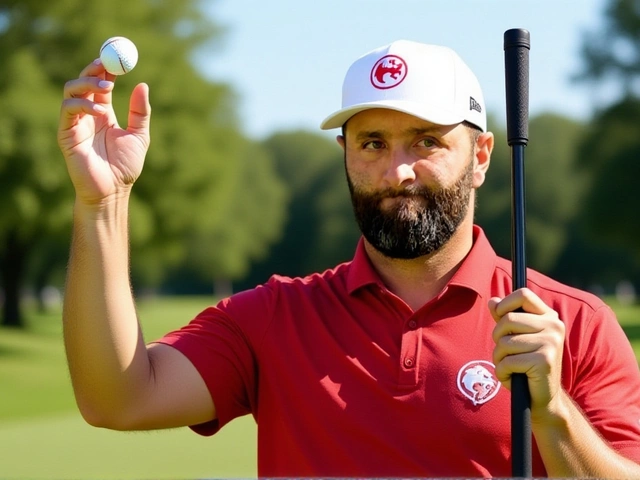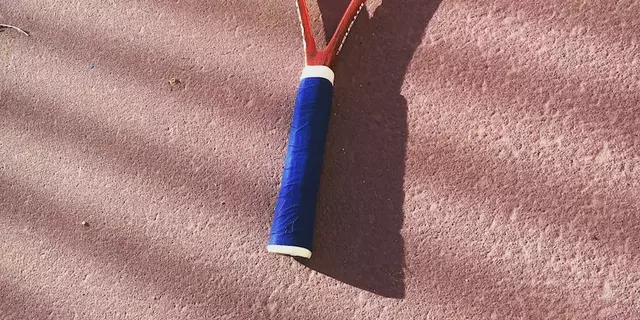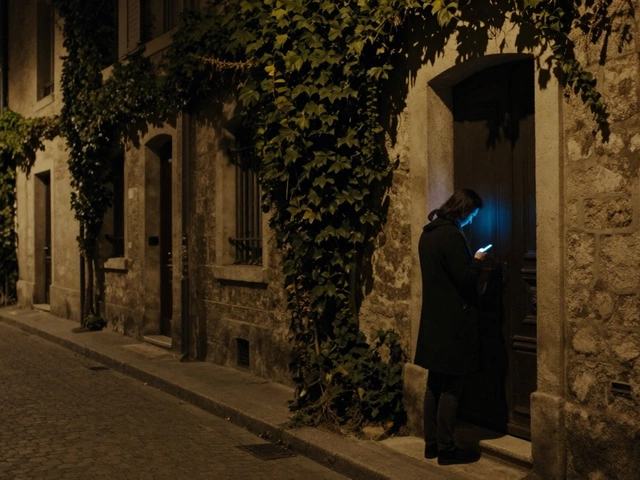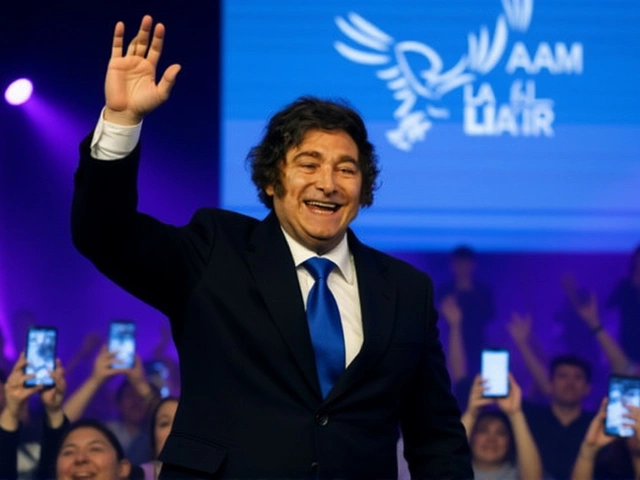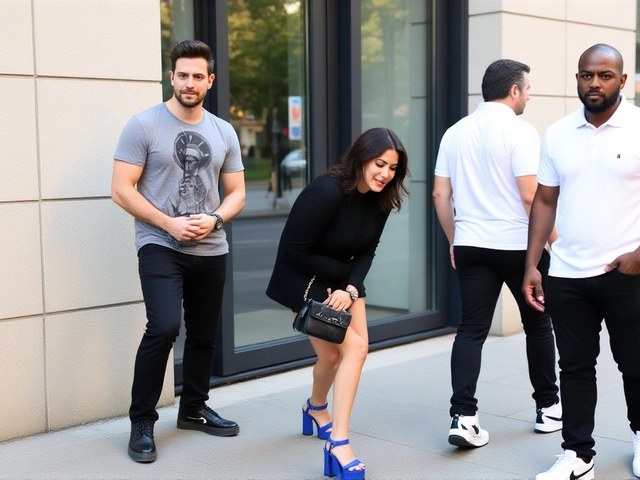At 78, Dick Advocaat didn’t just coach a team to the World Cup—he rewrote history. On Tuesday night, after a nerve-shredding 1-1 draw with Jamaica in the final CONCACAF qualifier, Advocaat became the first manager ever to lead a team to the FIFA World Cup 2026 at nearly 79 years old, shattering the previous record held by Otto Rehhagel. Curaçao, a Caribbean island with a population smaller than many English towns, will become the smallest nation ever to play in a World Cup finals. And the man who made it happen? He watched the match from his living room in The Hague, exhausted, emotional, and utterly spent.
The Miracle on a Tiny Island
Curaçao’s population? Roughly 165,000. Their budget? Barely enough to cover plane tickets. Their coach’s salary? €8,000 a month—less than what some Premier League goalkeepers earn per week. Yet here they are: headed to the FIFA World Cup 2026, co-hosted by the United States, Canada, and Mexico. Advocaat didn’t build this team with stars or big-money signings. He found players in the Dutch lower leagues, men with Antillean roots who grew up watching football on YouTube, not in packed stadiums. Every player in the Jamaica match was born in the Netherlands. "We went to the craziest places in the qualifiers," Advocaat told Algemeen Dagblad. "We played on the worst pitches. And I kept saying it would all come down to the last match. And that turned out to be true." The match itself was a rollercoaster. Jamaica hit the post twice, the crossbar once. A penalty was awarded, then overturned by VAR. "You could still lose because of a moment like that," Advocaat said. "That’s why I say, it’s so close in football." He didn’t need to be on the sideline to feel every second. "I was completely finished after the match, much more so than when I’m standing on the pitch."A Coach Who’s Seen It All
Advocaat isn’t some rookie coach chasing a fairy tale. He’s been around since the 1970s. He managed the Netherlands national team three separate times—once taking them to the 1994 World Cup quarterfinals, another to the 2004 Euros semis. He’s coached Zenit Saint Petersburg, where he turned a mid-table side into Russian champions. He’s been at AZ Alkmaar, Sunderland (where he signed Jeremain Lens and Fabio Borini), and even Iraq in 2021. Eight national teams. Dozens of clubs. Titles in Russia, Belgium, the Netherlands. And yet, he calls this—Curaçao’s qualification—the craziest thing he’s ever done.Why This Matters Beyond the Record
This isn’t just about age. It’s about belief. Curaçao has never qualified before. Not in 94 years of trying. Their last World Cup appearance? Never. They’ve lost more qualifiers than most nations have won. Advocaat didn’t just bring tactics—he brought structure, discipline, and a sense that this team mattered. He gave players who were overlooked by bigger nations a chance to shine on the world’s biggest stage. And he did it on a shoestring. No fancy analytics department. No sports psychologists. Just a 78-year-old Dutchman calling plays from his couch at 3 a.m., drinking coffee, and praying his boys held on.
The Ripple Effect
Jamaica’s former coach, Steve McClaren, had already resigned hours before the match. "Look at Jamaica," Advocaat noted. "He was already gone. Yet they hit the post twice and the crossbar once." That’s the cruel beauty of football. One moment, one VAR call, one missed chance—and a dream ends. But for Curaçao? It became reality. And now, the island’s kids will grow up knowing: if you’re good enough, you don’t need a big country. You just need a coach who believes.The team’s training base? Still in the Netherlands. Their matches? Played in small stadiums with 5,000 fans max. But come June 2026, they’ll walk out in front of 70,000 in Los Angeles or Toronto. Advocaat says he’ll be there—on the sideline, maybe a little slower, but still sharp. "This is so wonderful for the island and the players who came from far away," he said. He didn’t say it for the headlines. He said it because he means it.
What’s Next?
Curaçao’s next step? Preparation. They’ll face the world’s best in Group B or C—likely the U.S., Mexico, or Spain. Their chances? Slim. But they’ve already won. Advocaat has no plans to retire. "I’m not done yet," he told reporters after the Jamaica match. And why should he be? He’s still learning. Still surprising people. Still proving that passion doesn’t age.
The Legacy of the Little General
Dick Advocaat—"the Little General"—was once called too old for the job. Too stubborn. Too set in his ways. But here’s the thing: football doesn’t care about age. It cares about results. And for the first time in history, a man nearly 80 has made a nation of 165,000 people world-famous. That’s not just coaching. That’s magic.Frequently Asked Questions
How did Dick Advocaat manage to qualify Curaçao with a team of Dutch-born players?
Advocaat tapped into the Dutch football system’s deep pool of players with Antillean heritage—many of whom played in lower-tier Dutch clubs and were overlooked by bigger national teams. He offered them a clear path to international play, and 100% of Curaçao’s squad for the Jamaica qualifier were born in the Netherlands. This strategy bypassed the island’s limited talent pool while leveraging the Netherlands’ strong youth development infrastructure.
Why is Curaçao’s qualification such a big deal for CONCACAF?
Curaçao becomes the smallest nation ever to qualify for the World Cup, dwarfed by even other Caribbean teams like Jamaica (2.9 million) and Trinidad and Tobago (1.4 million). Their qualification proves that even nations without professional leagues or big budgets can compete, potentially reshaping how CONCACAF allocates resources and support to smaller members in future cycles.
What’s Advocaat’s salary compared to other World Cup coaches?
Advocaat earns €8,000 per month—far below the average national team coach, who typically earns between €50,000 and €200,000 monthly. For context, the U.S. men’s coach earns over €1 million annually. Advocaat’s pay reflects Curaçao’s financial constraints, but he’s reportedly working for love of the game, not money, calling it "the most rewarding project of my life."
Has any other manager coached so many national teams?
Advocaat is one of only two managers in history to lead eight different national teams, alongside Bora Milutinović, who coached Mexico, Costa Rica, Nigeria, China, the U.S., and others between 1986 and 2002. But Advocaat is the only one to take a team to the World Cup at age 78. His career spans five decades and six continents, making him perhaps the most traveled coach in football history.

